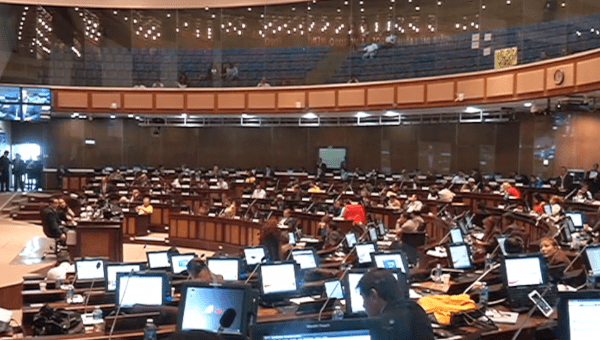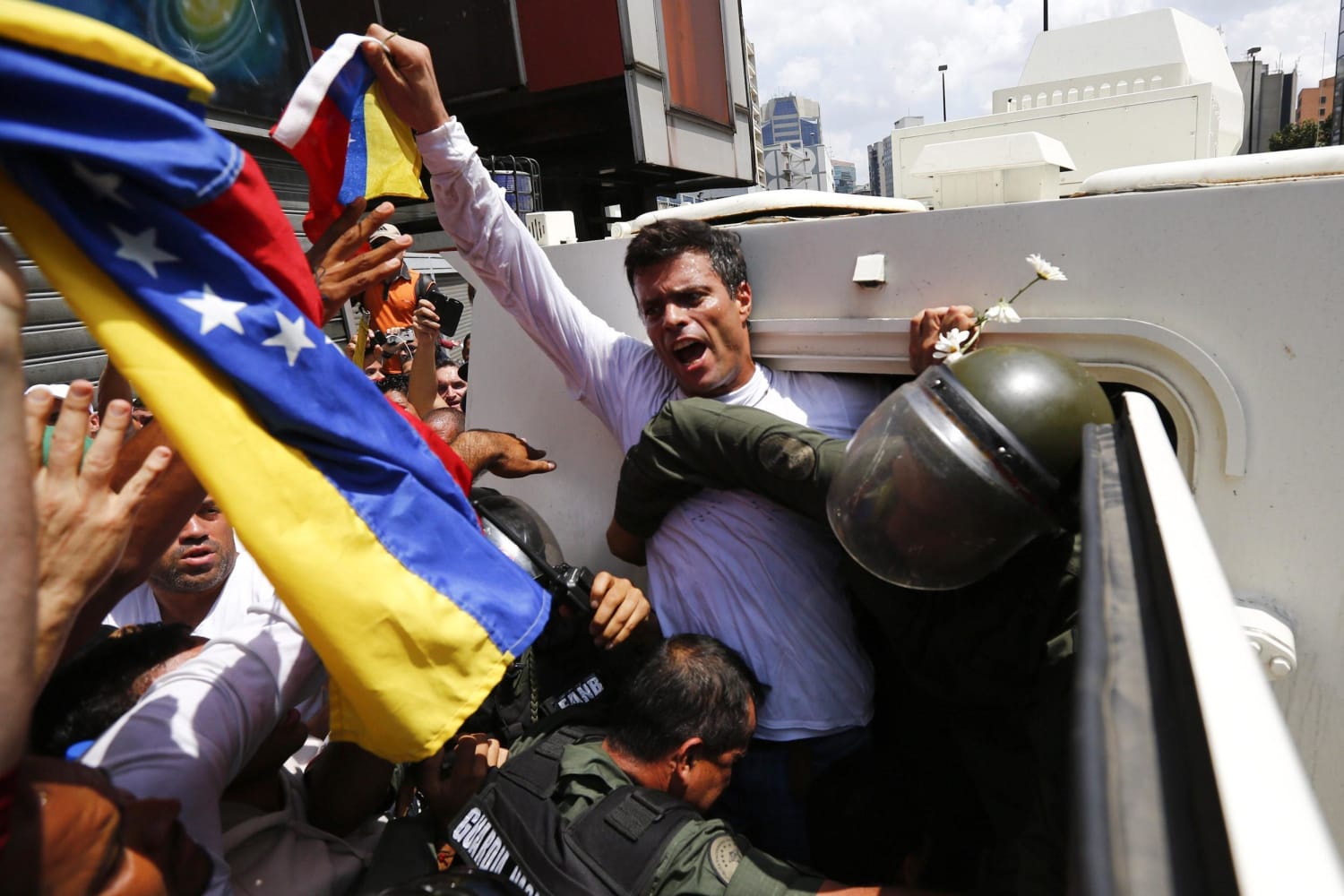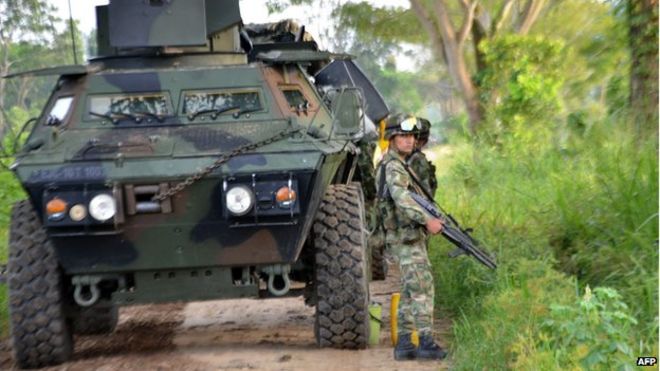By Delisa Morris
Impunity Watch Reporter, South America
QUITO, Ecuador — On Wednesday, Ecuadorian law makers overwhelmingly approved a bill that would allow for the legal recognition of civil unions in the South American country.
The measure was approved 89-1 and seeks to amend part of the country’s civil code.

El Comercio, an Ecuadorian newspaper, reported the measure would allow LGBT couples to receive “the same rights and obligations of a marriage” in terms of pensions, purchasing a home together and other benefits. It would also eliminate the requirement that couples must wait two years before entering into a civil union and demonstrate that they had lived together during this period.
The proposal would also apply to unmarried straight couples.
This union is open to couples of all sexual orientations. The Civil Code specifies that this union is “not considered as marriage” and must be between “two people of legal age.”
The move furthers the rights of same-sex couples by annulling the prior requirement of having to prove a relationship of two years to be recognized in a civil union. Yolanda Herrera, a lawyer who has worked in various LGBTQ causes explained to teleSUR English, “There are legal loopholes that are up in the air, like the affiliation of the child of a same-sex couple that decides…to have children.”
She added,“Today, those two mothers cannot (both) be registered, or in the case of surrogate mothers for two fathers, they cannot register their children. Only the person that gives birth (will be registered)”.
She explained that this creates legal issues as “when the couple splits up, (the registration) will only be maintained by one of these people.”
“It is a major achievement,” Diane Rodríguez, president of Silueta X Association, an Ecuadorian LGBT advocacy group, told the Washington Blade after the vote.
Ecuadorian President Rafael Correa has 30 days to sign or veto the measure.
Though, same-sex couples will have legal recognition gays and lesbians remain unable to adopt children.
Ecuador is among the growing list of Latin American countries that have extended legal recognition to same-sex couples.
Gays and lesbians are able to marry in Brazil, Argentina, Uruguay, Mexico City and a handful of other Mexican states.
For more information, please see:
Washington Blade – Ecuadorian lawmakers approve civil unions bill – 23 Apr. 2015
telesur – Civil Unions Approved by Ecuador’s National Assembly – 27 Apr. 2015
Pink News – Ecuador just approved same-sex civil unions – 28 Apr. 2015
GayStar News – Ecuador’s National Assembly approves gay civil unions bill – 28 Apr. 2015


